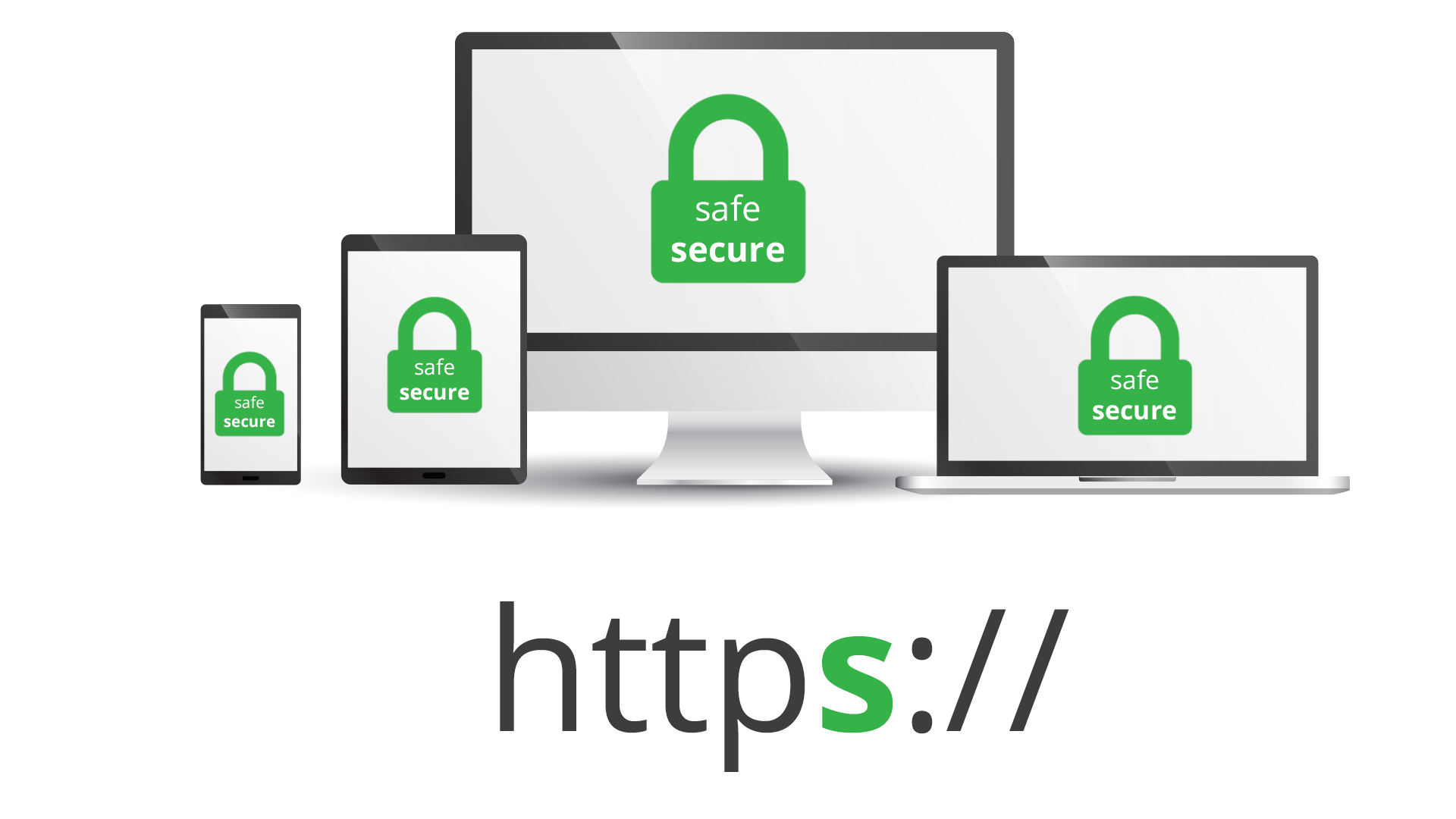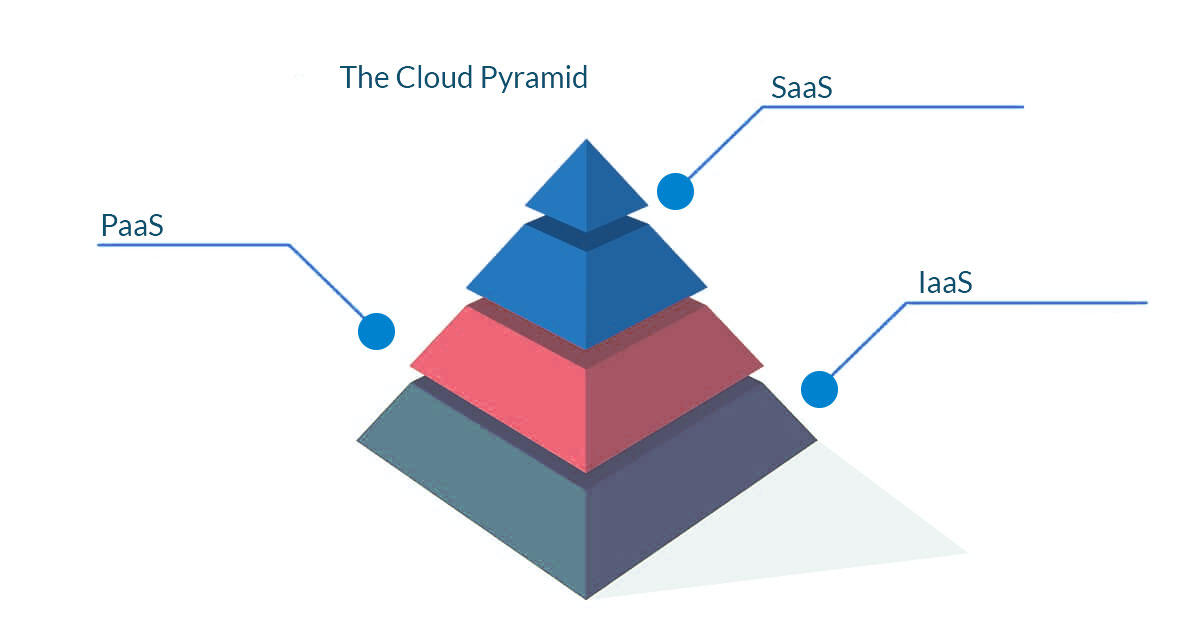
SSL is an acronym for Secure Sockets Layer. It's a cryptographic protocol which allows a server to encrypt information sent over the Internet. It prevents third-party interception or manipulation of information in the middle connection.
HTTP (hypertext transfer protocol) is the standard hypertext communication protocol. Websites use it to communicate with their browsers or other servers. This protocol has existed for many years and was designed to facilitate the exchange of information between an individual and a server. It does this by dividing the data packets into individual sections that are then transferred. It can pose a problem to a website, because hackers might be able sniff the packets of data and read the information contained within.
SSL protocol allows the transfer of sensitive information between a webserver and a browser. For example, credit card numbers. It encrypts data so only the computer that is receiving it can decipher. This helps protect the privacy of private data against unauthorized parties. It is also used for e-commerce.

To use the SSL protocol a webserver must create a public-key certificate. This certificate needs to be signed and verified by the certificate authority, so that your web browser knows it's reliable. The web browser will display a green padlock (or padlock icon) in the address field to show that SSL has been used.
You can use several different types of certificates to secure your website. Domain Validated DV (DV), Organization Validated OV (OV) or Extended Validation EV (EV) are all types of certificates that can be used to protect your website. Although they may differ in their function, all of them require the same level of verification.
DV, the most basic certificate, requires that the website owner demonstrate their control over the domain. The certificate doesn't confirm the identity of the site owner and so isn't suitable for many sites. It's also the least costly of the three choices.
Organization Validated Certificates are more advanced, and offer a higher degree of protection to businesses. They are typically required by banks, companies that process sensitive data and credit card providers. They require that a business prove its identity via a series verification procedures.

They are available in a range of price points, and you can choose the one that is right for your business. These tools offer many other benefits such as improved search engine rankings, and increased visitor trust.
SSL Certificates will help you maintain your website's credibility and honesty with its visitors. You can also show prospective and current customers that your security is important to you.
Websites collect a large amount of information, and it's important that they protect the privacy of their users. This is especially important if they ask for credit card or password details from their customers. It's important that all websites keep these details secure. They can be the difference in making or losing sales.
FAQ
Can I use a framework or template on my website?
Yes! A lot of people use prebuilt templates or frameworks to create websites. These templates provide all the code necessary to display information on your site.
The following are some of our most-recommended templates:
WordPress - the most widely used CMS
Joomla - Joomla is another popular open-source CMS
Drupal - An enterprise-level solution for large companies
Expression Engine - Yahoo's proprietary CMS
Each platform offers hundreds of templates. Finding the right template should be simple.
How Do I Choose A Domain Name?
It is important to pick a quality domain name. Without a great domain name, people will not know where to find you when they search for your product.
Your domain name should be concise, memorable, unique, relevant, and easy to remember. Ideal domain names are something people would type into their browser.
Here are some tips for choosing a domain name:
* Use keywords related to your niche.
* Avoid hyphens (-), numbers, and symbols.
* Don't use.net or.org domains.
* Use words that are already used.
* Avoid using generic terms like "domain"/website.
* Make sure it's available.
Are I more likely to be hired for a job as a Web Developer if my portfolio is good?
Yes. It is important to have a portfolio when applying for web design or development jobs. Your portfolio should show examples of your skills, experience, and knowledge.
A portfolio typically includes samples from your past projects. These examples can showcase your abilities. Your portfolio should include everything: wireframes and mockups as well as logos, brochures, websites, apps, and even logos.
Do I choose WordPress or a web builder?
A small website is the best way to build a successful web presence. If you have the time and resources to build a full-blown site, then do so. Start with a basic blog, even if your budget is limited. As you develop your website design skills, you can always add additional features.
Before you start building your website, it is important to establish a primary domain. This will give you a pointer to which to publish content.
What is a static web site?
A static website can be hosted anywhere including Amazon S3, Google Cloud Storage (Google Cloud Storage), Windows Azure Blob storage and Rackspace Cloud files. A static site can be deployed to any platform that supports PHP. This includes WordPress, Drupal Joomla! Magento PrestaShop, Magento and Joomla!
Because they don't send requests back and forth between servers, static web pages are easier to maintain. They load quicker because they don't need to send requests back and forth between servers. Smaller companies with limited resources and the time required to manage websites properly will find static web pages more beneficial.
How much does it cost to create an ecommerce site?
This depends on your platform and whether you hire a freelancer or go through a service provider. eCommerce sites usually start around $1,000.
Once you've chosen a platform you can expect to pay $500-$10,000.
A template is usually less than $5,000 if you plan to use it. This includes any customizing you do to your brand.
Can I build my website using HTML & CSS?
Yes, you can! You'll need to be familiar with web design concepts and programming languages such HTML (Hyper Text Markup Language), CSS, and CascadingStyle Sheets. These languages can be used to create websites which can then be viewed by everyone who has an internet connection.
Statistics
- It's estimated that chatbots could reduce this by 30%. Gone are the days when chatbots were mere gimmicks – now, they're becoming ever more essential to customer-facing services. (websitebuilderexpert.com)
- Is your web design optimized for mobile? Over 50% of internet users browse websites using a mobile device. (wix.com)
- Did you know videos can boost organic search traffic to your website by 157%? (wix.com)
- When choosing your website color scheme, a general rule is to limit yourself to three shades: one primary color (60% of the mix), one secondary color (30%), and one accent color (10%). (wix.com)
- In fact, according to Color Matters, a signature color can boost brand recognition by 80%. There's a lot of psychology behind people's perception of color, so it's important to understand how it's used with your industry. (websitebuilderexpert.com)
External Links
How To
What is Website Hosting?
Website hosting describes where visitors go when they visit a site. There are two types.
-
Shared hosting - This is the cheapest option. Your website files reside in a server managed by another company. Customers who visit your website send their requests via the Internet over to that server. The owner of the server then hands off the request to you.
-
Dedicated hosting - This is the most expensive option. Your website will reside on a single server. You and your traffic are protected by the fact that no other websites share server space.
Most businesses choose shared hosting because it's less expensive than dedicated hosting. The company hosting the server will provide the resources necessary to manage your website.
Both options have their pros and cons. Here are the differences:
Pros of Shared Hosting
-
Lower Cost
-
Easy to Setup
-
Frequent Updates
-
It can be found at many web hosting providers
Shared hosting can often cost as little as $10/month. However, this price typically includes bandwidth. Bandwidth is how much data you can transfer to the Internet. Even if you are only uploading photos to your blog site, high data transfer rates can still cost you extra.
You'll soon discover why you paid so much more for your previous host when you get started. Many shared hosts offer very little customer support. Although their techs may help you with setting up your site, it's not a common practice.
It is important to find a provider that provides 24-hour support. They will assist you with any problems that may arise while you're sleeping.
Cons of dedicated hosting
-
More Expensive
-
Less is More
-
Requires specific skills
With dedicated hosting, everything you need for your website is at your fingertips. You won’t need to worry whether you have enough bandwidth or enough RAM (random address memory).
This means that you will have to pay a little more upfront. But once your online business starts, you'll realize you don't need any technical assistance. You'll become an expert at managing your servers.
Which is better for my business?
It all depends on the type of website you are creating. If you only want to sell products, then shared hosting might be the best choice. It's simple to set it up and keep it updated. It's easy to set up and maintain, as you share a server with other sites. You will likely be updated frequently.
However, dedicated hosting can be a great option if you're looking to build a community around the brand. It allows you to focus on building your brand and not worrying about managing your traffic.
Bluehost.com offers both. They offer unlimited monthly data transfers, 24/7 support, free domain name registration, and a 30-day money-back guarantee.